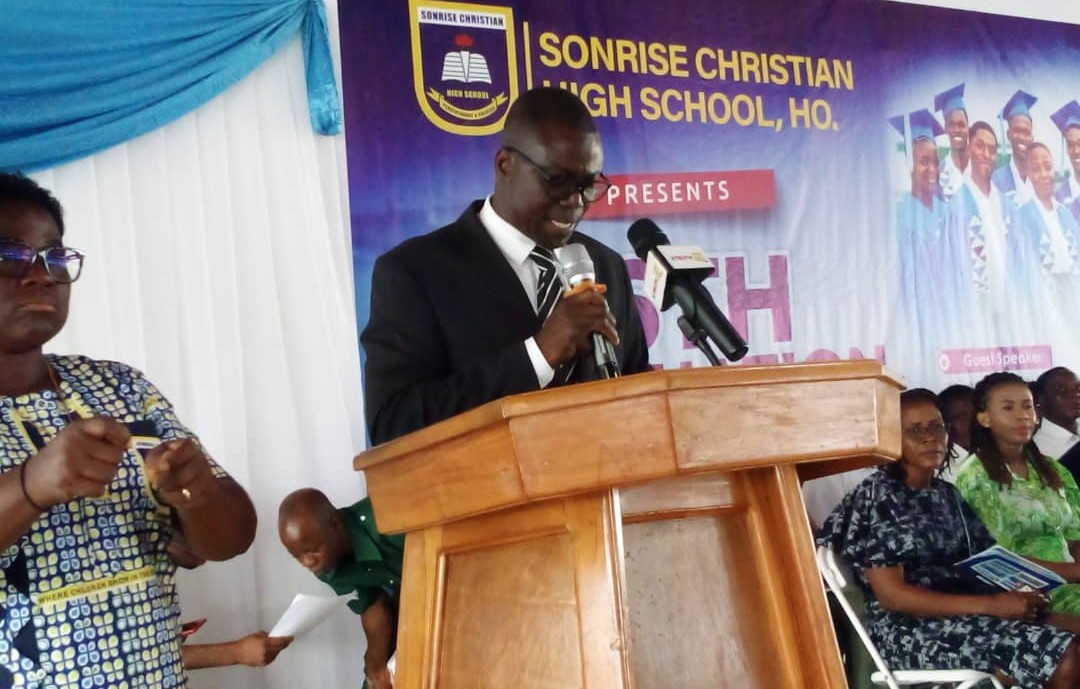- Hong Kong's New World Development shares surge 23% after CEO resigns
- Oil prices fall as expectations of higher supplies hammer market sentiment
- Dollar drifts, risk-sensitive currencies lifted by China optimism
- Gold, silver head for weekly gains on U.S. rate-cut momentum
- OpenAI CFO tells investors funding round should close by next week despite executive departures
What do you believe is the single most important factor driving up the cost of living in Nigeria?

Team debunks research showing Facebook's news-feed algorithm curbs election misinformation
An interdisciplinary team of researchers led by the University of Massachusetts Amherst have published work in the journal Science calling into question the conclusions of a widely reported study—published in Science in 2023—finding the social platform's algorithms successfully filtered out untrustworthy news surrounding the 2020 election and were not major drivers of misinformation.
The UMass Amherst-led team's work shows that the research was conducted during a short period when Meta temporarily introduced a new, more rigorous news algorithm rather than its standard one, and that the previous researchers did not account for the algorithmic change. This helped to create the misperception, widely reported by the media, that Facebook and Instagram's news feeds are largely reliable sources of trustworthy news.
"The first thing that rang alarm bells for us" says lead author Chhandak Bagchi, a graduate student in the Manning College of Information and Computer Science at UMass Amherst, "was when we realized that the previous researchers," Guess and colleagues, "conducted a randomized control experiment during the same time that Facebook had made a systemic, short-term change to their news algorithm."
Beginning around the start of November 2020, Meta introduced 63 "break glass" changes to Facebook's news feed which were expressly designed to diminish the visibility of untrustworthy news surrounding the 2020 U.S. presidential election. These changes were successful.
"We applaud Facebook for implementing the more stringent news feed algorithm," says Przemek Grabowicz, the paper's senior author, who recently joined University College Dublin but conducted this research at UMass Amherst's Manning College of Information and Computer Science.

- September 27, 2024
The unexpected role of magnetic microbes in deep-sea mining


- September 27, 2024
Satellite data fusion enhances the early detection of convective clouds
- September 27, 2024
Rising Mpox Infections: Africa CDC warns of low testing

- September 27, 2024
New hazard maps may predict rust disease in loblolly pine trees

- September 27, 2024
Teachers advocate Space Science in curriculum



- September 27, 2024
Millennial Black women navigate when and where to express style

- September 27, 2024
Climate change will lead to wetter US winters, modeling study finds

- September 27, 2024
Greener nanomaterials could transform how our everyday stuff is made
Subscribe to our mailing list to get the new updates!

Subscribe our newsletter to stay updated
Thank you for subscribing!



